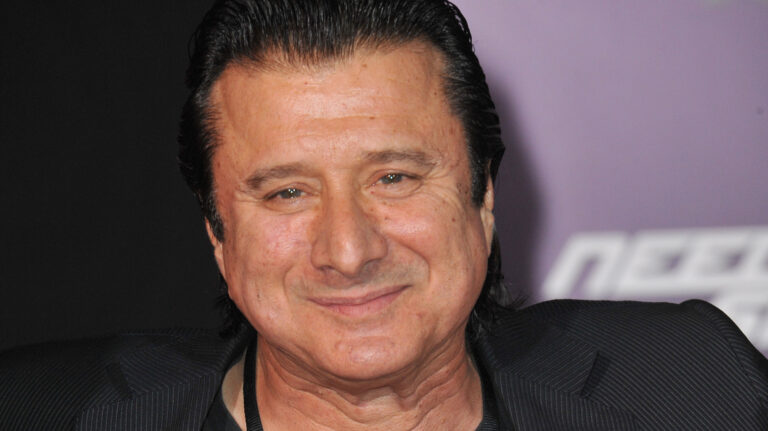
This Is Why Diddy Did Not Get Bail

Sean ‘Diddy' Combs, the renowned rapper and music mogul, has found himself at the center of legal and media attention following a recent denial of bail. This development comes as Combs awaits sentencing for his convictions on two counts of transportation to engage in prostitution. Although he was acquitted of more serious charges of racketeering and sex trafficking, the decision from U.S. District Judge Arun Subramanian underscores the ongoing complexities of this high-profile case.
Judge Subramanian's ruling followed Combs' request to be released on a $50 million bond, which was proposed to be secured by his Miami home. Despite this substantial offer, the court deemed him a flight risk and a potential danger to the community, considering past instances of violence. At the core of this decision is the evidence that emerged during Combs' trial, notably concerning his past conduct involving violence and coercion in personal relationships. The court was unconvinced by arguments from the defense that framed Combs' actions as part of a consensual “swingers” lifestyle without profit or duress, as presented by his legal team. Instead, the court highlighted documented incidents, including surveillance footage from 2016 depicting Combs in acts of domestic violence.
Currently, Combs resides in the Metropolitan Detention Center in Brooklyn, where he has been detained since his arrest last September. The upcoming sentencing, scheduled for October 3, 2025, looms large, with Combs facing a potential maximum imprisonment of 20 years. The uncertainty concerning the length of Combs' sentence is compounded by the fact that this is his first conviction, which might influence the court's final determination.
In a related vein, discussions of a possible presidential pardon have circulated due to comments from former President Donald Trump. Initially, Trump noted that he would consider the merits of a potential pardon for Combs. However, his stance appeared to waver as he referred to Combs as “half-innocent” and noted the rapper's previously hostile demeanor towards him during the electoral campaign. Trump suggested that these past interactions could cloud judgment, making a pardon increasingly unlikely.
Further complicating Combs' situation is a public letter from Virginia “Gina” Huynh, Combs' former girlfriend and identified as “Victim-3” in court documents. Huynh publicly campaigned for his release, emphasizing the personal and familial responsibilities Combs holds. She highlighted the alleged discrepancies between the prosecution's narrative and the defense's depiction of consensual adult behavior. However, this appeal did not sway Judge Subramanian, who maintained that the evidence presented depicted a pattern of manipulation and violence.
As the court proceedings continue, this case has sparked broader discussions on the legal interpretations of the Mann Act—a law typically used to prosecute sex trafficking and illegal transportation across state lines for prostitution. Combs' legal team argues that the application of this act to their client raises complex questions about statutory definitions, emphasizing that Combs' activities fell within consensual arrangements. Despite this, the weight of evidence portraying coercion and abuse heavily influenced the court's decisions so far.
This ongoing legal battle remains significant not only for its legal implications but also for its social and cultural impact, given Combs' stature in the entertainment industry. Public interest continues to peak as each new development unfolds, making the forthcoming sentencing and any potential post-trial motions or appeals a focal point of both legal scrutiny and public discourse. Meanwhile, as Combs continues his legal fight, his future hangs in balance, pending the court's final judgment this October.
Key Takeaways
TOP STORIES
RELATED ARTISTS
Related Stories
Steve Perry Considers a Possible Journey Reunion in 2026
Steve Perry remains one of the most iconic voices in rock history and his legacy is inseparable from Journey’s most…
















